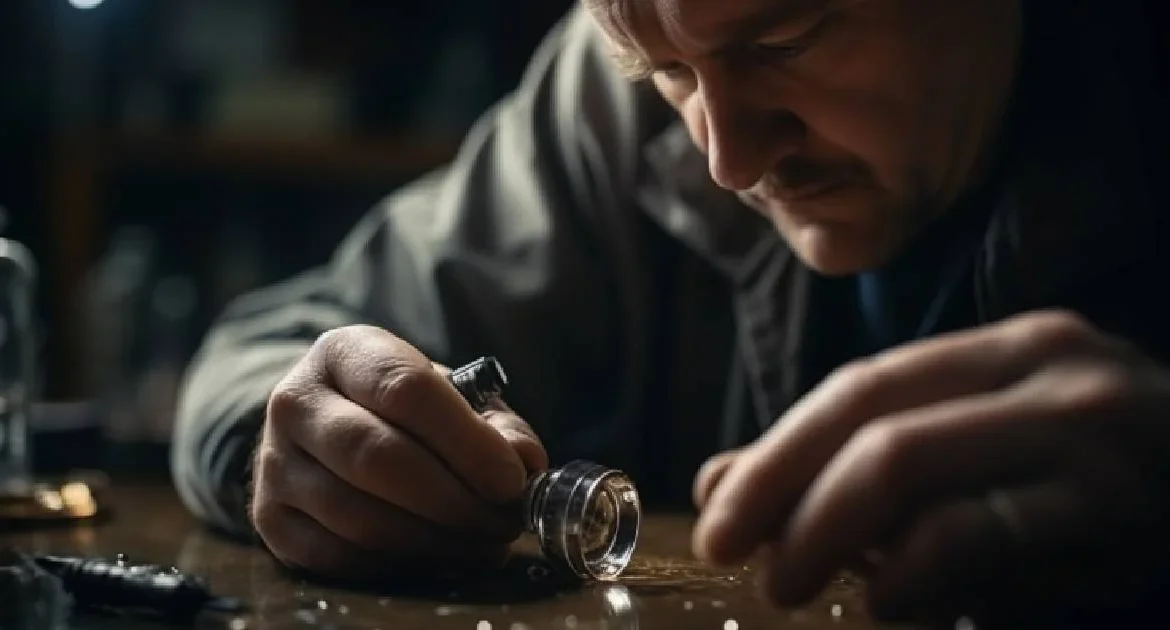When it comes to valuing your precious jewelry, understanding the jewelry appraisal process is crucial. Whether you’re insuring, selling, or simply curious about the worth of your gems, finding a qualified jewelry appraiser and comprehending their methods can save you time, and money, and ensure you get accurate valuations. Here’s a comprehensive guide to help you navigate this important process.
What is a Jewelry Appraisal?
A jewelry appraisal is a professional evaluation of a piece of jewelry to determine its market value. This evaluation considers several factors, including the quality, condition, and rarity of the piece. An appraisal can be used for various purposes such as insurance, resale, estate planning, or legal matters.
Why Do You Need a Jewelry Appraisal?
- Insurance: To ensure your jewelry is adequately covered in case of loss, theft, or damage.
- Resale: To determine a fair selling price if you’re planning to sell your jewelry.
- Estate Planning: To accurately assess the value of jewelry for estate distribution.
- Legal Matters: For divorce settlements or other legal disputes.
How to Find a Jewelry Appraiser
Finding a reputable jewelry appraiser involves a few key steps:
Research Credentials:
- Look for appraisers who are certified by recognized organizations such as the American Gem Society (AGS), the International Society of Appraisers (ISA), or the National Association of Jewelry Appraisers (NAJA).
- Certification ensures that the appraiser has undergone rigorous training and adheres to ethical standards.
Check Experience
- Experience in the jewelry industry is vital. An experienced appraiser will be well-versed in various types of jewelry and market trends.
- Ask about their specialization. Some appraisers may specialize in antique jewelry, diamonds, or specific brands.
Read Reviews and Testimonials
- Online reviews and testimonials can provide insights into the appraiser’s reputation and customer satisfaction.
- Seek recommendations from friends, family, or trusted jewelers.
Verify Independence
- Ensure the appraiser is independent and not affiliated with a jewelry store to avoid potential conflicts of interest.
Understanding the Jewelry Appraisal Process
Initial Consultation
- The process often begins with an initial consultation where you discuss your appraisal needs and the purpose of the appraisal.
- The appraiser will inspect the jewelry to provide an estimated cost and time frame for the appraisal.
Detailed Examination
- The appraiser will conduct a thorough examination of the piece. This includes inspecting the gemstones, metal, craftsmanship, and any markings or signatures.
- Tools such as loupes, microscopes, and scales are used for precise measurements and assessments.
Documentation and Research
- The appraiser will document all findings and conduct research to compare similar items in the market.
- They may refer to gemological databases, auction results, and other relevant sources to determine the market value.
Appraisal Report
- The final product is a detailed appraisal report, which includes a description of the item, photographs, the methods used for evaluation, and the appraised value.
- Ensure the report is signed and includes the appraiser’s credentials.
Tips for a Smooth Appraisal Experience
Prepare Your Jewelry
- Clean your jewelry before the appraisal to ensure all details are visible.
- Gather any documentation you have, such as receipts, previous appraisals, or certificates of authenticity.
Understand the Costs
- Appraisal fees can vary. They may charge a flat rate, hourly rate, or a percentage of the jewelry’s value.
Clarify the cost structure before proceeding.
Ask Questions
- Don’t hesitate to ask the appraiser about their process, experience, and any other concerns you may have.
- Understanding their methodology can give you confidence in their valuation.
Conclusion
The jewelry appraisal process is an essential step in understanding the value of your precious items. By finding a qualified appraiser and understanding their evaluation methods, you can ensure that your jewelry is accurately and fairly appraised. Remember to research, prepare, and ask questions to make the most of your appraisal experience. Whether for insurance, resale, or personal knowledge, an accurate appraisal provides peace of mind and financial security.



